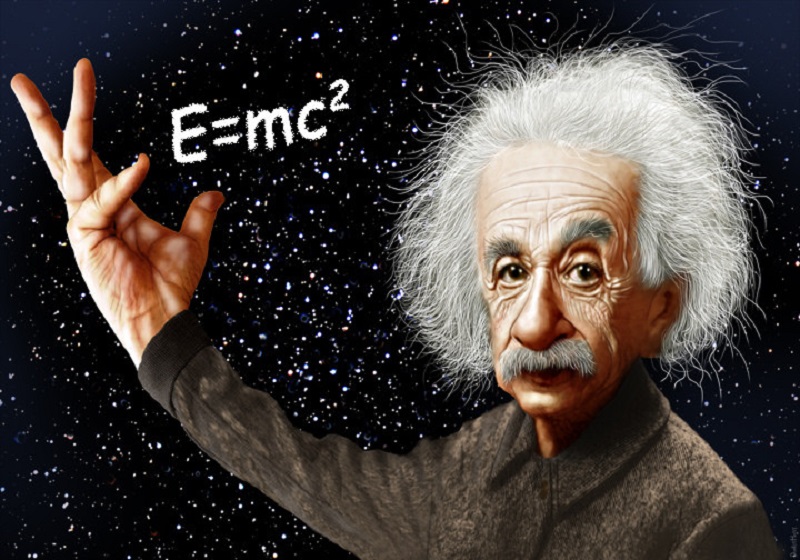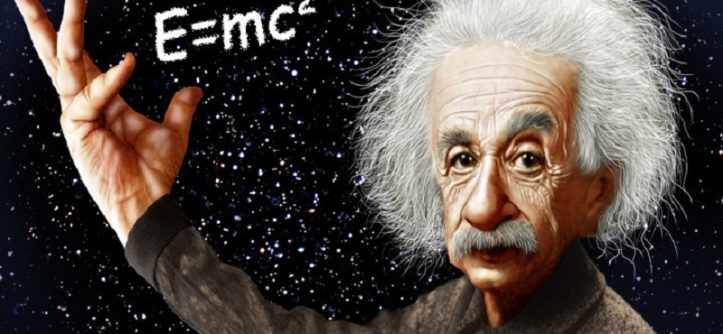A group of scientists from Imperial College London just challenge Albert Einstein. Or, more specifically, one of the central ideas of the work of the most important physicist of the twentieth century: the idea that the speed of light is constant and also sets the maximum velocity in the universe.
These theorists lead from the Nineties trying to prove that it is not and, for the first time have created a prediction that can be put to experimental test that could force us to reconfigure our understanding of the universe in which we live.

Not everything is relative
Einstein’s general relativity is based on a series of postulates that seem reasonable and have no evidence against. Over them, he developed incredible ideas that were advanced many decades ahead of time. One of these principles is that the light has a constant speed.
Joao Magueijo, from Imperial College London and Niayeshi Afshordi, the Perimeter Institute in Canada, have just published a proposal in Physical Review D (the journal of the American Physical Society dedicated to particles, fields, gravitation and cosmology) with trying to refute this assumption experimentally and thereby cause a modification of the theory of relativity.
You may also like to read another article on improtecinc: When renewable energy will be cheaper and more efficient than non-renewable?
The Horizon Problem
In essence, they try to solve what is called “the problem of the horizon”. To simplify the explanation, the problem is that the universe is surprisingly homogeneous . If, by analogy, we imagine the Big Bang as a huge explosion, we will realize that, in principle, the Universe should not be homogeneous: it should be more dense on one side than on others and later “re-balancing”
The problem that cosmologists find is that if the speed of light is constant, it has not “given the time” to give “reach the edge and return”, so it should not be so homogeneous. To resolve this, Magueijo and Afshordi pose that the light was much faster in the past and has been slowing .
There are other theories that explain homogeneity, but none satisfactory enough. And so, this proposal has raised great expectations. It would not be the first time that Einstein was wrong, but we must recognize that is the kind of person capable of hitting even for the wrong reasons. Anyway, as our knowledge of the cosmos progresses every day seems more likely to need a new Einstein to understand what we see.
Tags: Einstein




Leave a Reply